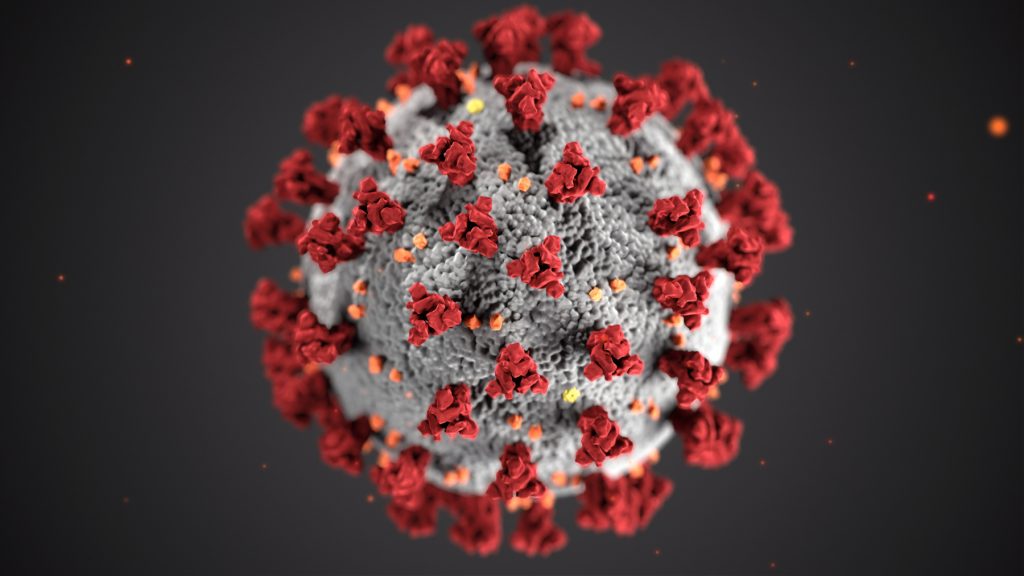Category: Clinician’s Corner
Members of our Professional Advisory Board (PAB) periodically offer in-depth articles on topics relevant and interesting to the epilepsy community

Clinician’s Corner: What the Devil is a Seizure Action Plan and an Acute Seizure Action Plan?
- Clinician's CornerWhat have we learned about COVID and epilepsy and its effects on seizures among adults and children? An update with two years of information.
Read MoreWhat have we learned about COVID and epilepsy and its effects on seizures among adults and children? An update with two years of information.
Read MoreBy: Dr. Kathleen Rieke, CentraCare The last two articles in this series focused on epilepsy self-management. They encompassed topics such as managing medications, maximizing communication with providers, and taking an active role in seizure management. This final topic focuses on an often overlooked but profoundly important element to the health
Read MoreBy Dr. Jason Doescher, MOBĒ This article is the second in a three-part series highlighting the Epilepsy Foundation’s wellness initiative. Part 1 featured an outline of a general healthy lifestyle, identified choices made within each element, and reinforced how consistent behavioral habits impact a person’s health. This section, Part 2,
Read MoreBy Dr. Jason Doescher, MOBĒ Be good to yourself, invest in your health and wellness Such a simple comment is easy to agree with but can be challenging to accomplish. While the basic ingredients of health are straightforward, our busy lives often influence choices to meet short-term needs at the
Read More
Clinician’s Corner: Transitioning from the Pediatric to the Adult Epilepsy Clinic
- Clinician's CornerBy: Jeannine Conway, PharmaD, BCPS and Katherine Nickels, MD The transition of children into adolescence and adulthood can be exciting for the whole family. However, this can also be a time for anxiety, especially for children with chronic health conditions. Preparing children and their families is important to make this transition
Read MoreIt is a time of hope for patients with epilepsy who have uncontrolled seizures, not only with these new pharmaceutical agents but additionally with multiple drugs in research development as well as new surgical and modulation therapies.
Read More
Epilepsy Care in the Virtual World: How to Make the Most of Your Telemedicine Visits
- Clinician's CornerYou can make sure your telemedicine visits are productive and helpful by spending time preparing and making sure you have a plan.
Read MoreBy: Tammy Sinkfield-Morey, DNP, RN, PHN, CRRN, EFMN Professional Advisory Board Member The Epilepsy Foundation of Minnesota (EFMN) committed to fully integrate the ideals of diversity, equity, and inclusion into its mission. This is a commitment to embrace standards of “fair treatment, access, opportunity, and advancement for all people, while
Read MoreCluster seizures are more likely to occur in patients who have more difficulty in controlling seizures, or refractory epilepsy, which is defined as having failed more than 2 seizure medications. Cluster seizures occur more often in patients with focal epilepsy but can occur in generalized epilepsy as well.
Read More





